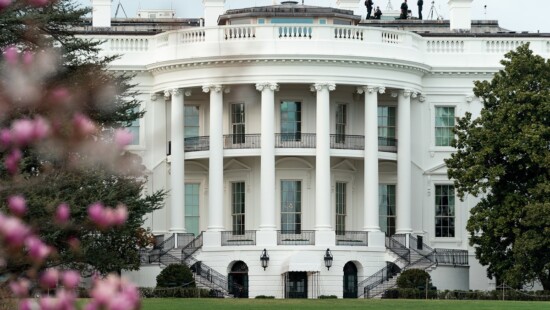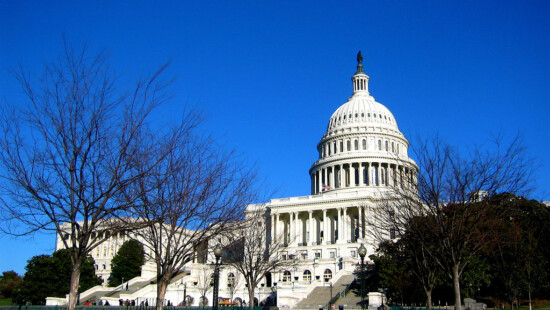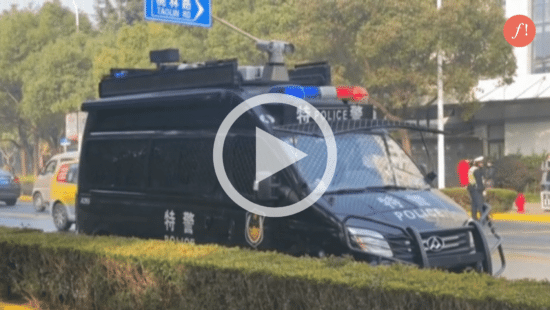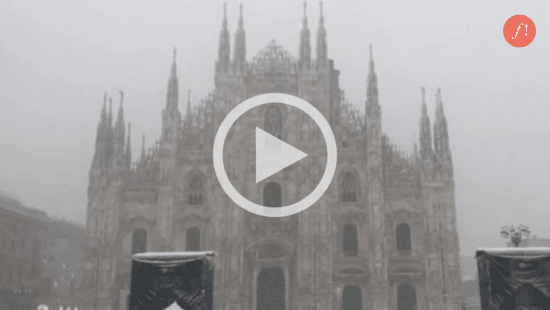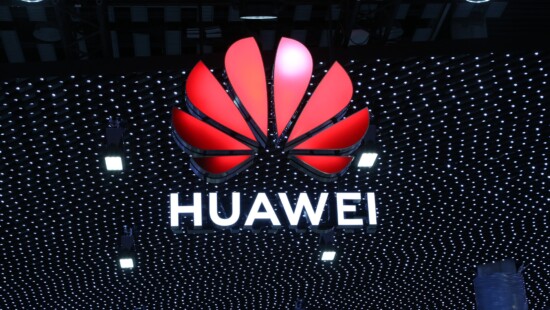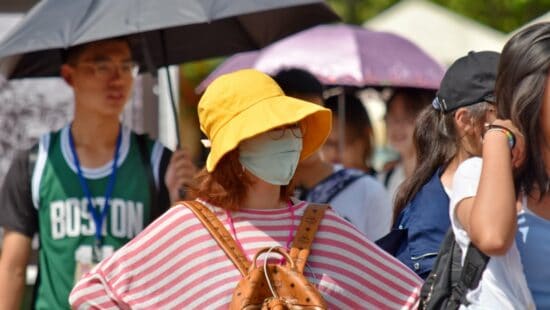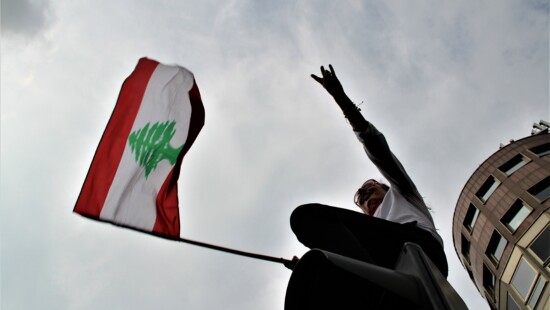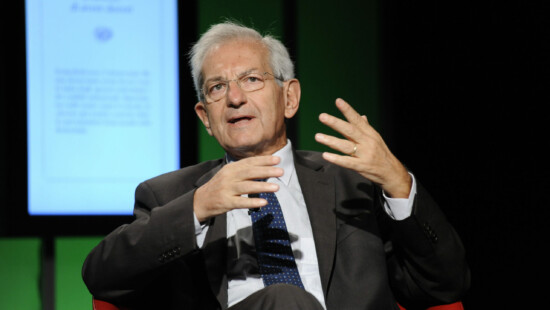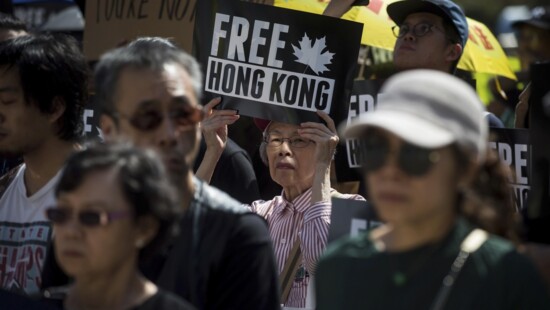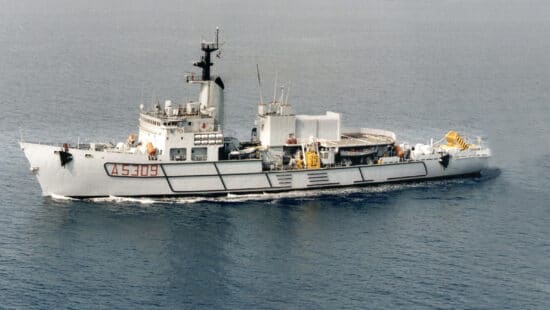Trump mette una firma per evitare all’ultimo lo shutdown del governo federale. Ma non ha in mente di mollare e guarda al 6 gennaio, quando la partita a scacchi fra Casa Bianca e Congresso volgerà al termine. Il punto di Giampiero Gramaglia
Archivi
Gli Stati Uniti tra 5G e Gps. Il “caso Ligado” da Trump a Biden
Con un duro editoriale su DefenseNews, il presidente del comitato Armed services del Senato, il repubblicano Jim Inhofe, è tornato sul discusso caso Ligado, attaccando il via libera della Fcc che potrebbe creare qualche problema all’infrastruttura Gps. Il progetto è stato spinto dalla presidenza Trump per avanzare sul 5G. Con Biden la partita potrebbe riaprirsi
Cina, 4 anni di carcere alla blogger cinese che scrisse da Wuhan. Il video
Cina, 4 anni di carcere alla blogger cinese che scrisse da Wuhan [embedyt] https://www.youtube.com/watch?v=OobMIlhpCUc[/embedyt] Roma, 28 dic. (askanews) - La "citizen journalist" cinese, la blogger Zhang Zhan, è stata condannata a quattro anni di carcere per le sue cronache sulla pandemia di coronavirus da Wuhan all'inizio del 2020. Ex avvocatessa di 37 anni, Zhang è stata riconosciuta colpevole da una…
Milano imbiancata dalla neve, lo spettacolo del Duomo. Il video
Milano imbiancata dalla neve, lo spettacolo del Duomo [embedyt] https://www.youtube.com/watch?v=k3sEmETRHEE[/embedyt] Milano, 28 dic. (askanews) - Piazza del Duomo imbiancata dalla neve: uno spettacolo inconsueto si è presentato oggi a chi si è svegliato e si è trovato tutto coperto dal manto bianco. Milano e la Lombardia bloccate con le vie di comunicazione in tilt. Centrali operative di Vigili del fuoco…
Non solo Huawei. Così le aziende cinesi saltano sul 5G italiano
Fastweb lancia il servizio ultraveloce in 5G per la rete mobile, nella lista di smartphone abilitati solo aziende cinesi, comprese Huawei e Zte, compagnie accusate di spionaggio dagli 007 italiani e dal Copasir con cui collabora nella fase sperimentale. Il governo ha già fermato tre volte i contratti per la rete core con il Golden power. Basterà?
Zhang Zhan e non solo. Tutti i giornalisti arrestati in Cina per il racconto della pandemia
La sentenza di una corte di Shanghai contro la donna è di quattro anni di carcere. Su Wechat, Twitter e YouTube aveva documentato l’inizio della pandemia Covid-19 a Wuhan. Ma non è l’unica professionista dell’informazione nel mirino di Pechino…
Rogo anti-profughi in Libano. Una scintilla che può diventare incendio
A Bhannine, in Libano, sabato sera è stato dato alle fiamme il campo informale dove 370 profughi siriani vivono da anni in tende. C’è stata tanta indignazione e solidarietà con le vittime, ma il fatto rimane e diviene necessario un chiarimento
Governo, è scontro sugli 007. E Violante ricorda (a tutti) le regole...
Renzi ancora in pressing su Conte per la delega sugli 007. Violante avverte: “Il premier ha piena titolarità, l’Autorità delegata non può essere di altro partito”
Libertà per gli attivisti di Hong Kong. L’appello degli Usa
Oggi ci sarà la prima udienza (a porte chiuse) contro 12 imputati accusati di aver tentato la fuga verso Taiwan. Per Washington, l’unica loro colpa è cercare la libertà dalla tirannia di Pechino
Soccorso ai sommergibili. Ecco il contratto della Difesa per Saipem e Drass
La direzione degli armamenti navali (NavArm) del segretariato generale della Difesa ha assegnato alle due aziende il relativo contratto di fornitura. Doterà l’unità che sostituirà Nave Anteo di un sistema di soccorso subacqueo modulare e innovativo. Ecco cosa faranno Saipem e Drass




